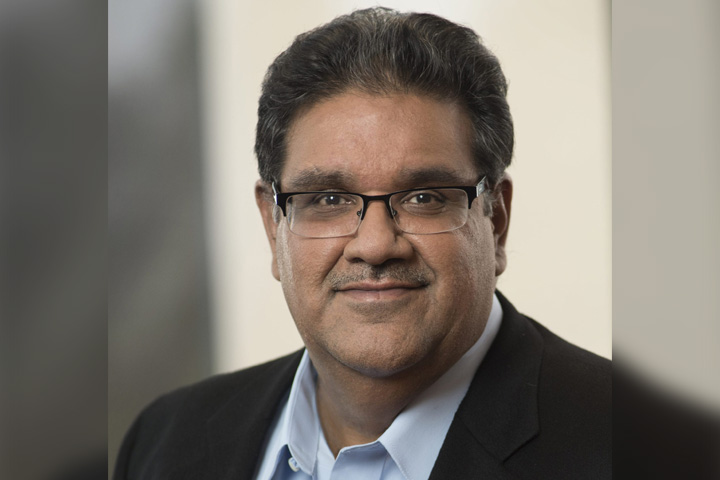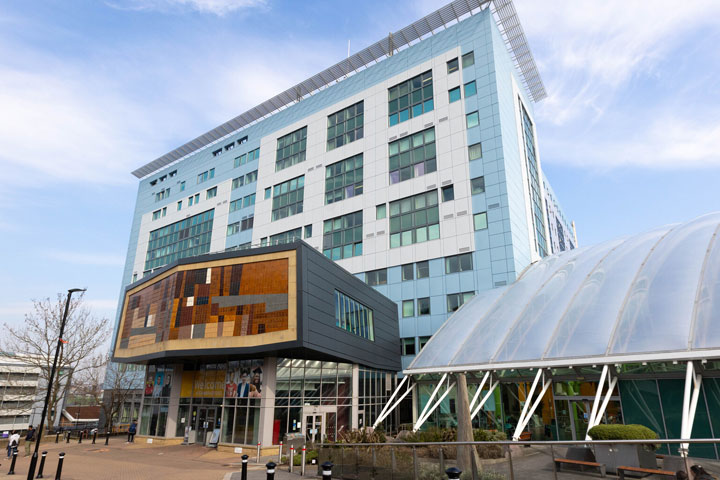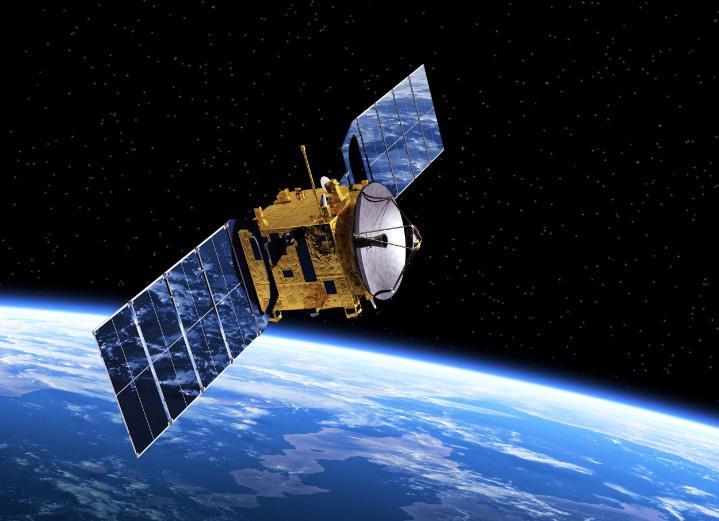Message from Dr Renduchintala
Yorkshire, the City of Bradford, and the University hold a special place in my heart. This was my home for eight very happy years of my life from late 1983 through the summer of 1991. From an academic perspective, the University provided me with the educational foundation that allowed me to fulfill most of my professional dreams. But maybe even more valuable to me (as I look back and reflect) were the indelible memories of the warmth and charm of the people of Bradford and West Yorkshire and, of course, the magnificent Dales. Even though my Family and I reside on the west coast of the USA now, I still return to Yorkshire and the Dales every couple of years or so and am reminded of why I love this place so much. God’s own country indeed.

Dr Murthy Venkata Renduchintala
Given my deep feelings for the region and the University, it was an enormous privilege and pleasure for me to work with the Vice Chancellor and key members of the leadership team (and Professor Fun Hu in particular) over the last couple of years to find a way of giving back to the University and help support the strategic vision for its future. Ironically, my PhD research (1987-1990) was in the field of Digital Communication techniques for Land Mobile Satellite Systems (LMSS). So, it seemed fitting and appropriate to back the University’s vision for creating a research center for Space AI.
One could argue that the research of space is as long lived as the history of mankind. Afterall, Astronomy is the oldest science and from the dawn of time we have starred up into the stars and wondered what lies out there. Fundamentally, space research allows us to investigate, model and predict important phenomena on a planet-wide scale. Some phenomena are imperceptible or difficult to model at a more local or proximate scale and it is only till you enter the realms of space that they become discernible and modellable.

Exterior of Richmond building, the University of Bradford campus.
What really excites me about space research in the future is the possibility of making even more spectacular and life-changing discoveries as we bring together so many fast-moving areas of technology into the realm of space - not just communications technologies but super-scale distributed computing, artificial intelligence, quantum computing, biomedical science – the list is endless. The coordination, superposition, and integration of these massive areas of research into the study of space will lead to transformative events we cannot even imagine today!
It is my fervent hope that, through this endeavor, and by partnering and collaborating with other academic and professional institutions, the university achieves prominence and respect by giving back to the students, the city of Bradford, the county of Yorkshire and the Country.

